Cameroon
A global human rights organisation said on Thursday that at least 170 civilians have been killed since October in fighting in English-speaking western Cameroon between separatists and government forces.
“Government forces in Cameroon’s anglophone regions have killed scores of civilians, used indiscriminate force, and torched hundreds of homes over the past six months,” Human Rights Watch (HRW) said in a report.
The group based its findings on interviews with 140 victims, family members and witnesses between December and March, it said.
“Since October, at least 170 civilians have been killed in over 220 incidents… according to media reports and Human Rights Watch research,” it said.
Security forces killed
Another 31 members of the security forces were killed in operations between October and February, it said.
“Given the ongoing clashes and the difficulty of collecting information from remote areas, the number of civilian deaths is most likely higher,” it added.
Who is to blame?
HRW did not explicitly blame government forces for all 170 civilian deaths.
It said armed separatists assaulted and kidnapped dozens of people during the same period, executing at least two men.
The government sent a letter to HRW denying “extortion” by the army described in the report, the group said.
The International Crisis Group has said the death toll since the start of the fighting has topped 500 for civilians and more than 200 for members of the security forces.
Anglophone crisis
The conflict broke out in October 2017 when the anglophone separatists launched an armed campaign.
English speakers, who account for about a fifth of Cameroon’s population of 24 million, have complained for years at perceived discrimination in education, law and economic opportunities at the hands of the francophone majority.
The anglophone movement radicalised in 2017 as the authorities refused demands for greater autonomy for the Northwest and Southwest Regions.
On October 1 that year, separatists declared the creation of the “Republic of Ambazonia” in the two regions, named after the local Ambas Bay. The declaration has not been recognised internationally.
‘We are Ambazonians:’ Cameroon separatists tell military court“Cameroon’s authorities have an obligation to respond lawfully and to protect people’s rights during periods of violence,” said Lewis Mudge, HRW’s Central Africa director. “The government’s heavy-handed response targeting civilians is counterproductive and risks igniting more violence.”
Some 437,000 people have fled the fighting, according to the United Nations, which called Tuesday for $184 million to help the displaced.
AFP



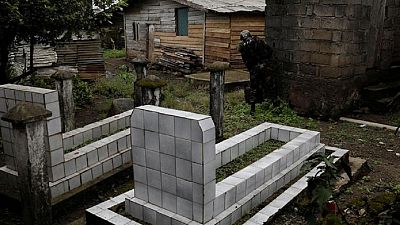

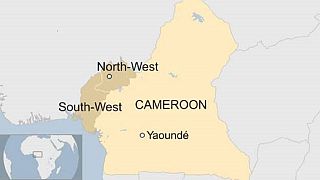
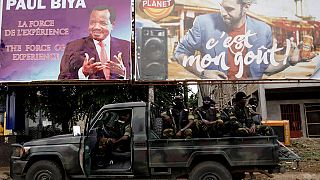
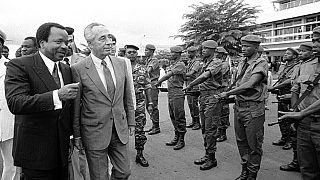

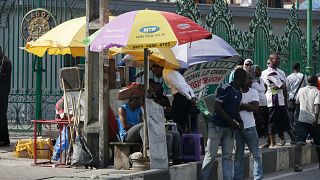



Go to video
Cameroon's presidential election gathers momemtum as candidates file for the October vote
Go to video
Nelson Mandela International Day 2025: The power to end poverty is in our hands
00:11
US, European allies agree August deadline for Iran nuclear deal
Go to video
UN Special Rapporteur calls for concrete action on 'genocidal' Gaza occupation
01:07
Only 35% of sustainable development goals on track to meet target, UN says
01:07
UN-Russia agricultural export memorandum will not be extended